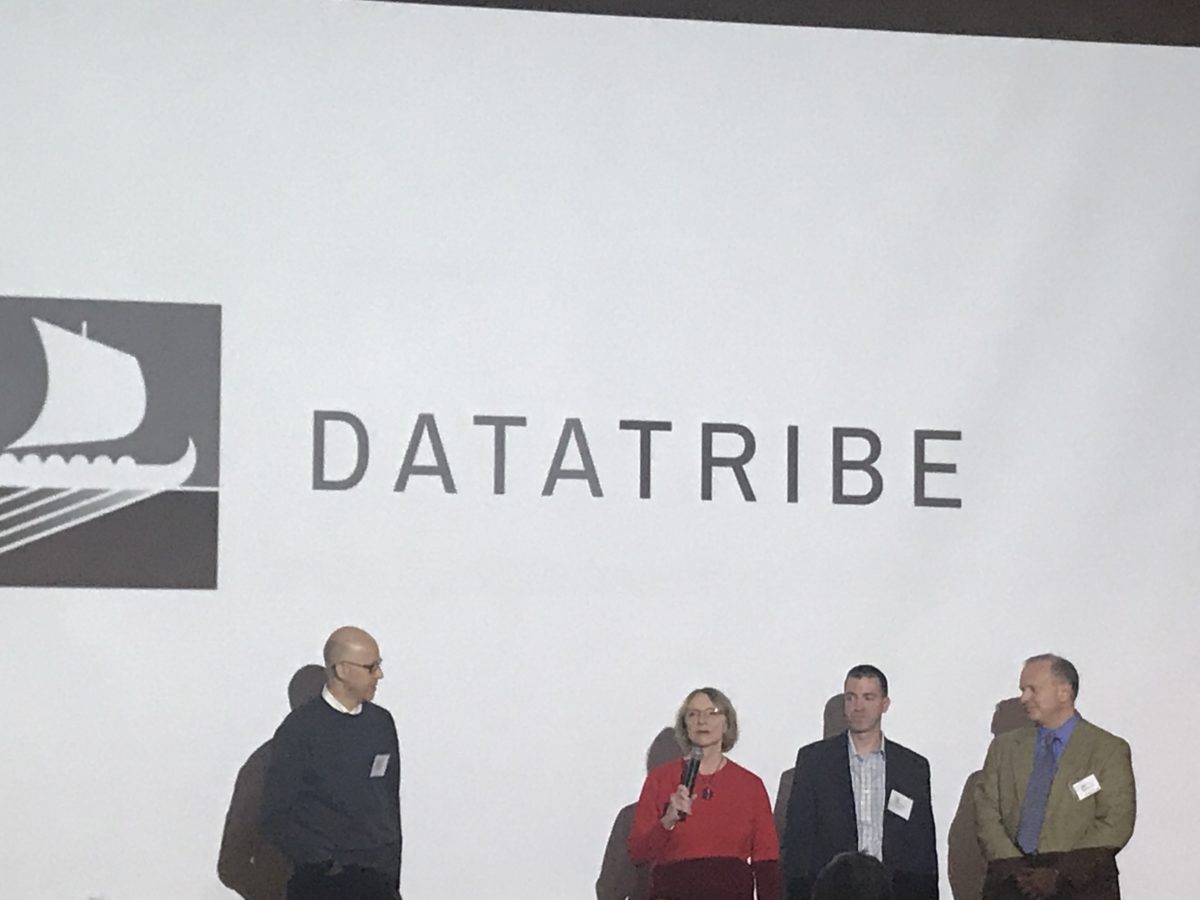DataTribe didn’t plan it this way, but the last month brought a string of exits in the Fulton-based, cyber-focused startup foundry’s portfolio.
- ReFirm Labs, an IoT security firm founded by former National Security Agency operators out of Maryland, was acquired by Microsoft in early June.
- A week later, CodeDx, a Northport, New York-based company that created a vulnerability management system that integrates open-source testing tools, was acquired by Mountain View, California-based electronic design automation company Synopsys.
- By the end of the quarter, a deal had also wrapped for Attila Security, which gained traction for its device that offers secure remote access to a server during the pandemic, to be acquired by Northern Virginia’s ID Technologies. It was announced last week.
Through its model of providing seed funding and resources to companies, it only adds a few companies a year. DataTribe’s portfolio lists 12 companies. So even one exit would be a noteworthy happening. Plus, three’s a trend. The series of acquisitions shows a trio of companies that DataTribe invested in and helped to guide all drawing recognition from bigger companies that could help the teams reach more people with their technology.
The companies have some similarities, as each have roots in the federal sphere and applied the principles of business growth that shape startups to go commercial. But each have their own paths.
ReFirm Labs, founded in 2017, spun out of a cybersecurity services company, and became an early mover in the market to secure firmware (aka the low-grade software that powers connected devices). CodeDx, founded in 2016, started as a research project funded by the U.S. Department of Homeland Security, and ended up growing quickly among businesses interested in its system to find and remove software vulnerabilities within applications. It entered the DataTribe sphere after winning the cyber foundry’s $2 million investment challenge in 2019. Attila, founded in 2018 was founded when intelligence community veterans and five-time CEO Gregg Smith came together to develop a hardware and software product, called GoSilent, which saw interest grow during the pandemic.
Ask DataTribe cofounder Mike Janke whether the trio of acquisitions were by design, and he’ll say no, they just happened to come together in June. With growth, companies get approached about acquisitions often. They all have choices in how to proceed, and these three happened to exit now.
DataTribe’s team works with companies since nearly their start, and includes operators that have been through such deals before. At this stage, it advises companies as they are evaluating such options on how they can find the right home and value, but it’s not telling them whether they should or shouldn’t take the deal, Janke said.
“The credit goes to the founders,” he said. “They’ve developed really unique, new technologies.”

That goes to DataTribe’s thesis: Find “over the horizon” technology that’s developed inside the federal labs and intelligence community, concentrate resources and knowledge around the team that built it, and turn it into a commercial product.
As with all startups, however, there’s still a question of whether advanced tools will take off. In many cases — like ReFirm’s space of IoT security or CodeDx’s of application security — the startups are some of the first movers in the markets they’re moving into, so the work for a startup is to create a product and a category for it at the same time. Such exits offer proof that it’s what the market is seeking, especially at a time when cyber attacks can be particularly costly for businesses that run their entire workforces and processes on digital tools.
“This shows the type of talent that’s coming out of the classified community,” Janke said. “They proved the technology on the inside solving problems because they’re fighting nation states, and it turns out it’s highly relevant to Fortune 500 and big tech firms. … These three took time to become leaders.”
With a pair of Maryland-based companies in the mix, such exits can also have a ripple effect in the local community. Joining bigger companies likely means local teams can grow, for one. Attila Security’s Smith said the company is planning to grow its Maryland team, and the acquisition stemmed in part from a desire by ID Technologies to be close to NSA talent.
But for the tech ecosystem, there’s a broader point to remember. When startups exit, it’s well known that founding teams often go on to form new companies, or become investors. That adds not just more companies, but more people who understand what it means to build a startup working with these new companies.
“The talent is here. The ideas are here,” he said. “If there was just more venture and more people that could help guide these startups here, you’d have a lot more. … This area gets better with the successes. That’s what we need more of.”
Being an investment firm as well as one that supports and advises companies, returns also play a role for DataTribe. Its website lists a dozen portfolio companies, and at this point it is about five years old. While the terms of these deals haven’t been disclosed, Janke said they’re “big wins” relative to the seed stage where the company invests.
“Our investors are smiling greatly right now,” he said.
But for the companies building to get to this point, the mindset was different.
“Companies are bought, they’re not sold,” Janke said, sharing advice he gives to founders. “So if you go into it trying to look for an exit, you won’t find it. If you go into it to build a dominant company, then everybody wants to buy you. It’s a causality of being successful.”







